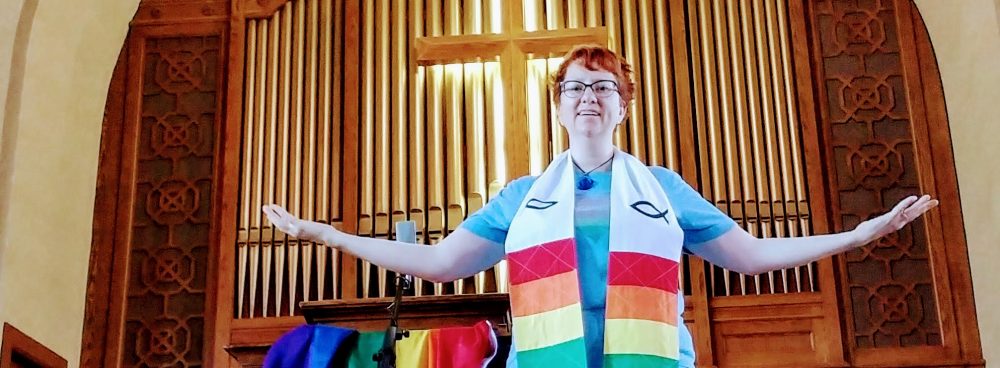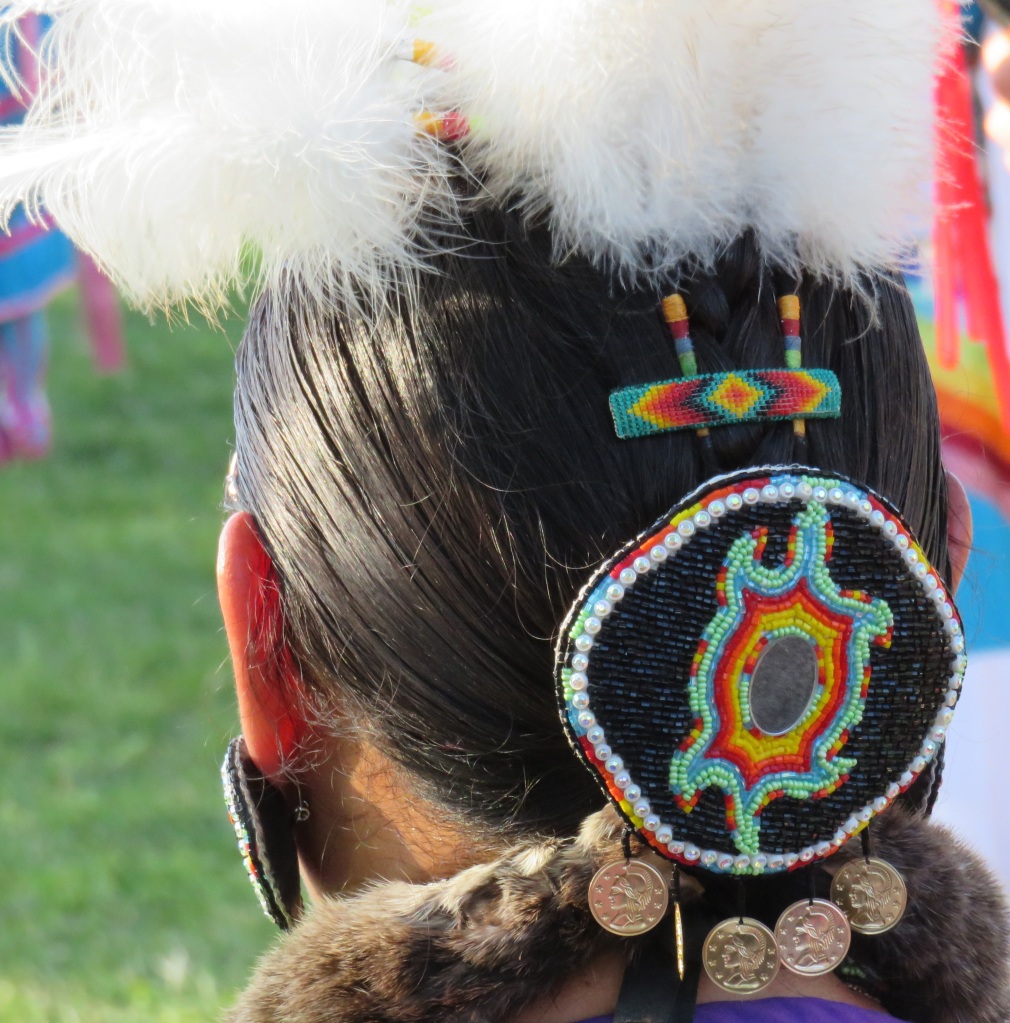Wednesday marked National Indigenous People’s Day. The relationship between Indigenous and non-Indigenous people in Canada is complicated. The relationship between the Indigenous and non-Indigenous church is also complicated. Our history as a church is tied into colonization and residential schools.
The United Church was the first church to make an apology to Indigenous peoples. As a response to that apology, the All Native Circle Conference was formed in 1988. With the restructuring of the United Church in 2019, All Native Circle Conference was dissolved, and a National Indigenous Organization was formed. Indigenous communities of faith could choose to be part of both the national organization as well as the geographic region in which they are located. Within the Living Skies Region there are Five Indigenous Communities of Faith.
When major decisions relating to the structure of the United Church need to be made, we use a remit process which gives community of faith leadership teams (boards) an opportunity to vote on the decision. There is currently a question of whether or not to create an autonomous National Indigenous Organization within the United Church. What that organization looks like would be determined by the Indigenous church after the remit.
We hear a lot about reconciliation right now. As a theological concept reconciliation is about being changed. It doesn’t mean everything is perfect and we all get along. Reconciliation allows us to be changed so that we can make sense of differences. James Rowe Adams in his book Literal to Literary writes that reconciliation “is a willingness to give up being on complete control of the situation and to allow inward change to happen.” When I think about the remit that is being asked of us, I have lots of questions about it. What does that mean for the future of the Indigenous church within the United Church? Does it create more disconnection? What would an Indigenous church look like? How would it be funded? Does that mean the non-indigenous church is abdicating responsibility for supporting Indigenous ministries? I want to know the answers to these questions and I recognize that asking these questions is a sign of wanting to control.
One of the things pointed out at the event was that with the restructuring, regions were given permission to organize themselves, but the Indigenous church was not given the same ability. The wider church trusts communities of faith and regions to make good decisions. Why isn’t the Indigenous church beiing given the same level of trust? The non-Indigenous church is being asked to give up control. And that’s hard for many of us. Our history as a country is about non-Indigenous people having control of land, resources, decision making, and laws with Indigenous people having minimal input even when the outcomes directly effect their lives and communities.
With our history, I understand why Indigenous people often mistrust churches and government. I understand why there is hurt and pain in Indigenous communities. We often think of reconciliation as a two-way street where both parties must come together and figure out how to get along. Matthew gives us a different perspective. “If you bring your gift to the alter and remember that someone has a grudge against you, go and be reconciled to them.” What I find fascinating about this is that it isn’t the person with the grudge who is expected to make the first move. Sometimes, the person holding the grudge has good reason to be hurt. They may not trust that the person who hurt them will listen to their story or understing how they were impacted. Sometimes, we don’t realize the impact of our actions until there is a definite break in the relationship.
Once we realize we have caused harm, the scriptures expect us to go and rebuild the relationship that has been broken. This hurt and brokenness may be either personal or collective. Reconciliation with indigenous peoples is an example of collective brokenness and hurt. Our work, as people of faith, and as non-Indigenous people, is the work of reconciling. We need to allow ourselves to be changed enough to give up control. That’s our work. When we are willing to be reconciled with someone, the relationship becomes more important than maintaining control or keeping our power. We learn how to hold the tension of differences. Reconciliation is a commitment to being in relationship in ways that allow each person (or group of people) to be strong in themselves and to bring their full self to the relationship. If there is power over another, violence, or suffering, we have not achieved reconciliation.
Throughout scripture we are reminded that worship without care for the world and without justice is meaningless. In Isaiah 58:6 we hear God speaking:
Is not this the fast that I choose:
to loose the bonds of injustice,
to undo the thongs of the yoke,
to let the oppressed go free,
and to break every yoke?
This scripture in Matthew 5:21-26 continues the theme of putting our relationships in good order so that we can truly worship. Reconciliation isn’t something we do and tick the box. It is on-going work that requires us to step out of our comfort zone. It requires us to hear the difficult and painful stories. It requires us to dig into complex histories and own our (and our ancestors’) part. It requires us to understand that non-Indigenous communities continue to benefit from colonization. This history can be uncomfortable for us. It might bring up difficult questions for us. How have we personally benefited from colonialism? What are the harms our church has done? How can we not know our shared history?
In order for us to be reconciled, we need to ask some of these difficult questions. We need to listen to and understand the history. We need to be willing to give up our control over Indigenous people and communities. When we are willing to do this work, we will find a new creation in Christ. 2 Corinthians 5:17-20 reminds us that the old order has passed away and everything is new. Our personal relationship with God cannot be separated from our relationship with others. By reconciling with other people, we find our relationship with God deepens. We find ourselves changed by that work. We are a new creation. The world is a new creation.
That is my hope and my prayer for all of us going forward together.

